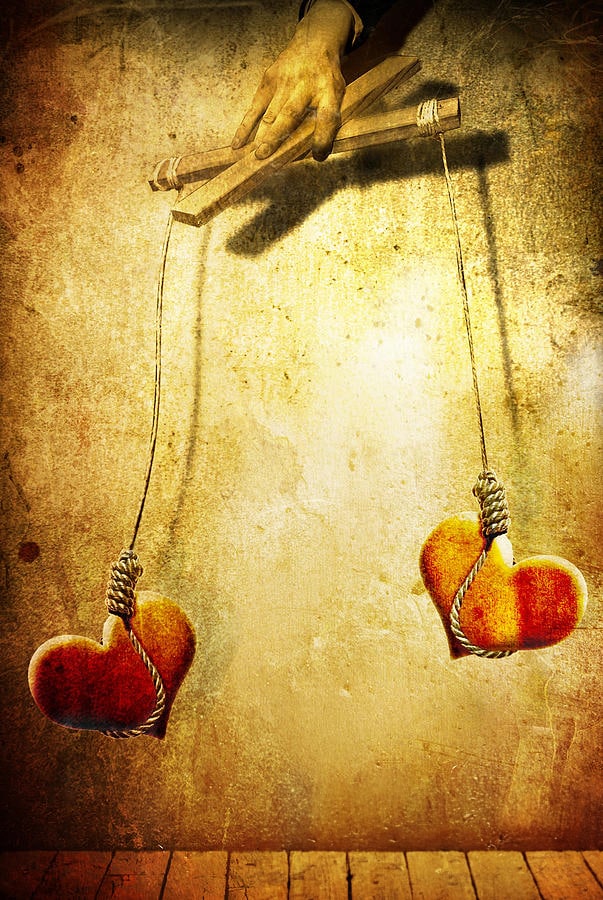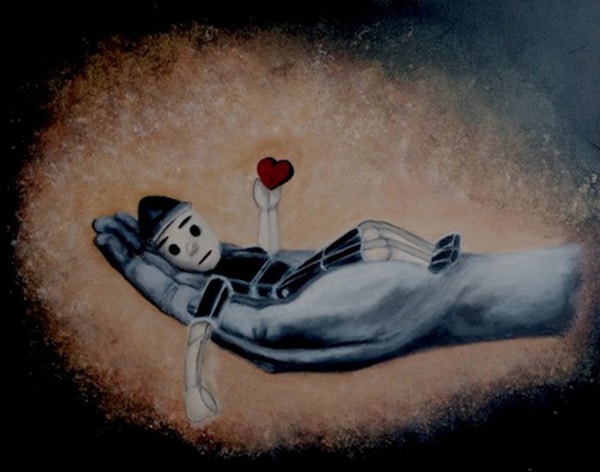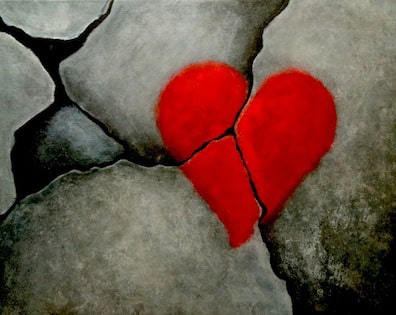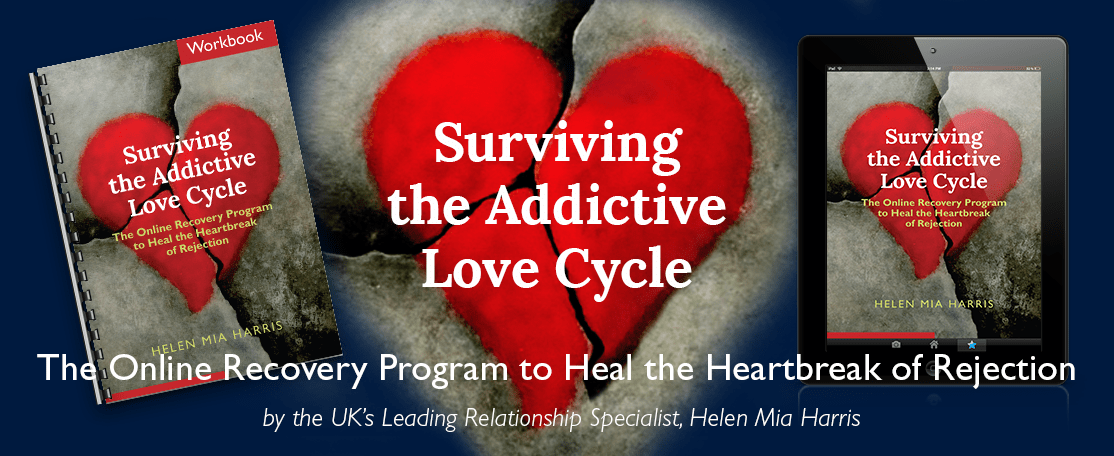-
Understanding The Pain of Heartbreak & Rejection in a Relationship Breakup
How can one person whom we love so much rock the very foundation of who we are?
And how can we recover, heal and move past these feelings of loss and grief, once this emotional attachment bond has been broken?
I’m Helen Mia Harris, relationship expert and these are the questions I’d like to answer right now.
The following is designed to assist anyone who may be experiencing feelings of heartbreak after a significant relationship has come to an end, or even someone who is currently in a relationship, but is frightened and fearful that the beloved may be about to leave.
If any of those situations applies to you, read on…

An Assault on the Very Core of Who You Are
The loss of a loved one or a failed relationship can feel like an assault to the very core of our being. Our desire and love for the significant other is impeded, thwarted and unrequited, and we wrestle with continuous thoughts of self-doubt, self-blame and shame, whilst we yearn for the beloved to return.
We habitually reflect on the happiest memories of our time together, which are accompanied by obsessive thoughts about the issues that might have led to the breakup in the first place.
We question ourselves as we explore every possibility of how to bring the beloved back:
“What’s wrong with me?”
“What did I do wrong?” we ask.
We feel rejected, inadequate, unworthy, disposable, undesirable, and unwanted.
We are the ‘unchosen’.
-
And what follows is a process known as love withdrawal.
Symptoms of love withdrawal lie at the bedrock of a broken heart.
These may be shock, desperation, despair, disorganisation and fear; a longing for the beloved to return; a yearning for the person who we now fear was ‘the one’ all along, and more worryingly, the ‘only one’.
We experience anxious, intrusive and repetitive thoughts of the beloved, who has triggered this most painful affliction to our mind, body and soul.
At the heart of it all is confusion, disbelief and destabilisation.
Excruciating symptoms of feeling alone may soon follow, along with continuous crying, helplessness, insomnia, weight loss, and an inability to make sense of the wreckage.
We have no idea how to heal the wound – or even if we want to.If you’ve been experiencing any of these feelings, my “Surviving the Addictive Love Cycle programme” may be able to help.
I created this online self help programme after 22 years of research into unreciprocated love and loss, love withdrawal, anxious attachment, insecurity, co-dependency, rejection and abandonment.
I am deeply passionate about this programme, and my aim is to take you on a step-by-step healing process so you can finally move past the overwhelming emotions that accompany a distressing breakup, which might be causing you profound unhappiness, pain and sorrow.
-

-
In this breakthrough Online ‘Surviving the Addictive Love Cycle” programme, you will discover…- How to move past the heartbreak, pain and suffering you’re experiencing right now, and find peace, clarity, self-empowerment and emotional freedom
- How to break free from the physical, emotional and psychological symptoms of “love withdrawal”
- How to gain control over self-defeating and damaging thoughts and behaviours that are crippling your relationships and destroying your chances of happiness
- How to create an authentic connection to yourself, and gain independence and emotional self-reliance for the first time in your life
- How to stop feeling like a ‘puppet on a string’, and finally take control over your own life and happiness
- How to ensure you’re never attracted to the ‘wrong’ person ever again!
- Why you must stop looking to the beloved for completeness, self-acceptance, worthiness and approval (you don’t need that from them, only yourself)
- And much more!
To find out more, go here.
Moving Past Love Withdrawal
Of course, anyone who goes through a painful separation may experience grief-like symptoms, but for those who experience “acute grief and heartache”, their symptoms of loss can turn into devastating withdrawal; a compulsive longing to reconnect with the lost partner, and the belief that they have lost their soul in the beloved.
Please Note: If you are experiencing this right now, I urge you to consult your GP and find a registered therapist in your hometown that will assist you through this time of sorrow, separation anxiety and loss.
In my view, a broken heart is one of the most profound experiences you can ever go through.
-
But there is hope.
In this sensitive and compassionate self-help and recovery programme, I will guide you through every aspect of your emotional trauma, help you to understand what happened, and more importantly, why, which will give you the knowledge and inner strength to reclaim your own direction and emotional self-reliance.
This programme has been specifically designed to guide you through this painful time and find a way forward, turning this raw experience into a life-changing journey of personal growth and self-development.
You will discover that the heartache and lovesickness you’re experiencing is not the end, but instead just the beginning. Indeed, you will learn that this is a fertile time for you to create a whole new life for yourself; a better life that no one will ever be able to take away from you again.
In short, I want you to know that if you are experiencing a painful breakup, loss, heartbreak and symptoms of love withdrawal, there is hope.
You WILL survive this.
No matter what you’re going through, this is your chance to not only heal, but to change and transform, both inside and out.
To find out more, go here.
-


-
To make an appointment for a Counselling/Therapy or Coaching Session:
- You can call Helen Mia on 01732 617344
- Email enquiries@helenmiaharris.com
- To make an appointment or an enquiry, fill out the simple contact form
- Learn more About Helen Mia
